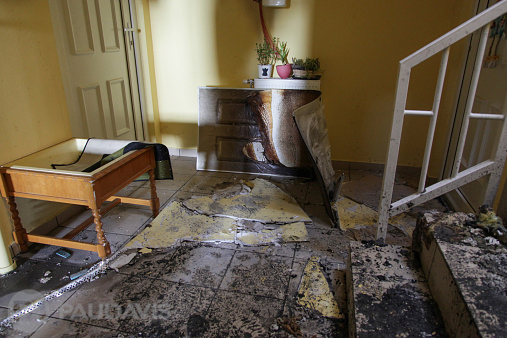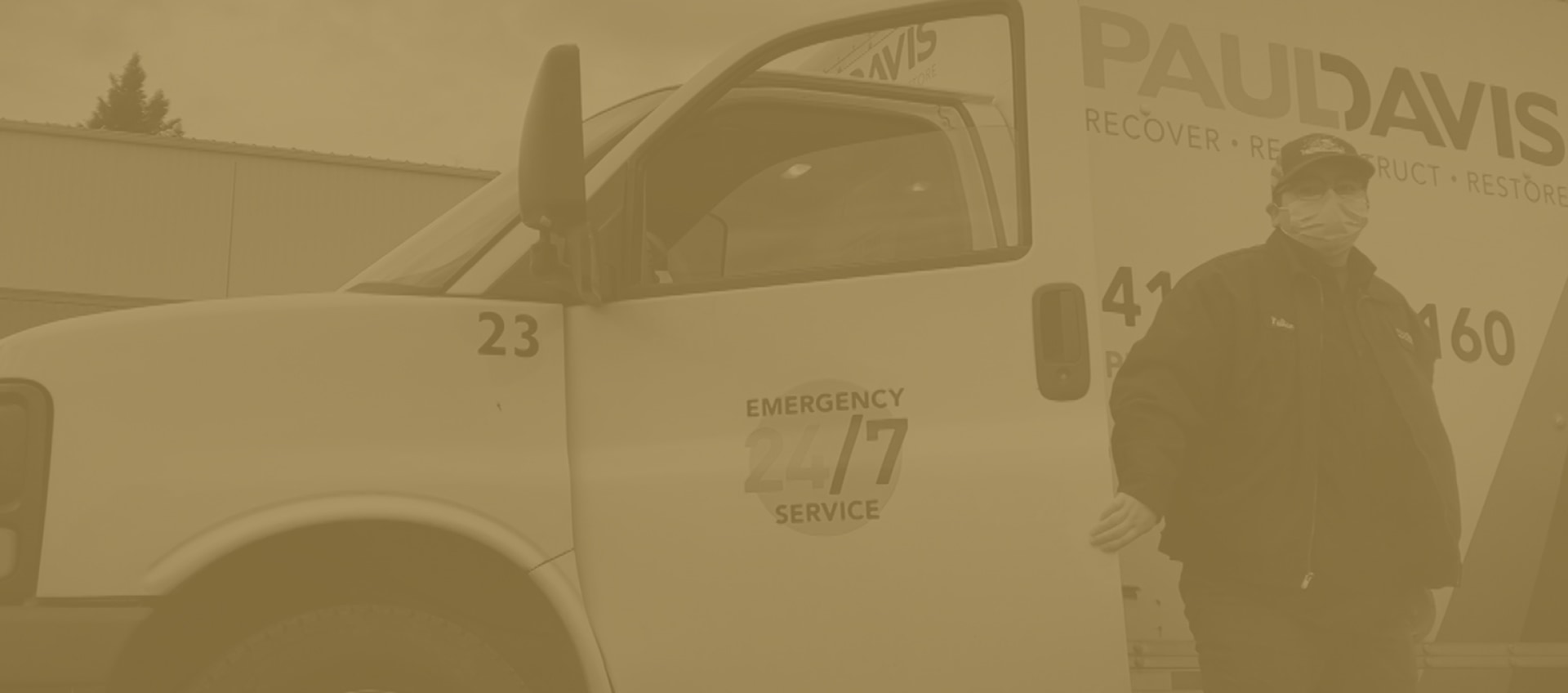
When you’re running a small business, every hour counts, and every dollar has a job. So when the unexpected shows up—a power outage, a cyberattack, a hurricane—it’s not just a bad day. It can shut you down for good. That’s why emergency planning isn’t just for big corporations with glossy binders labeled “contingency.” It’s for the bakery on Main Street, the freelance marketing agency, the neighborhood gym—any business with skin in the game. You don’t need a crisis to realize how much you stand to lose. But you do need a plan to make sure you bounce back when the dust settles.
Plan Like You’re Not Invincible
Hope is not a strategy, and small business owners know this better than most. You’ve already poured time, money, and probably some sleep into building something solid, so don’t let an emergency unravel it because you didn’t take a few hours to plan. Start by asking yourself the hard questions: What would you do if you lost power for three days? If your main supplier shut down without notice? If your storefront flooded tomorrow morning? Put together a plan that includes who does what, where key data is stored, how you’ll keep customers informed, and how you’ll keep cash flow from grinding to a halt.
Make a “What If” List, Not Just a Checklist
Most business owners think of fire drills, but emergencies don’t always come with flashing lights. Build a “what if” list—an evolving one that includes everything from equipment failure to an employee suddenly quitting in a crisis. It should stretch beyond natural disasters into things like ransomware, supplier collapses, or a sudden PR nightmare. Your business lives in a real-world ecosystem, so your emergency scenarios should match the messy reality. The more diverse your “what ifs,” the more resilient you’ll be when one of them becomes “right now.”
Digitize Now, Thank Yourself Later
When disaster strikes, paper is no match for fire, water, or sudden chaos. That’s why scanning and digitizing your essential documents—like licenses, contracts, insurance policies, and employee records—should be part of your basic emergency prep. Keeping these files stored securely in the cloud or on an encrypted drive gives you access no matter where you are or what shape your office is in. Saving files as PDFs keeps formatting consistent and makes them easy to view on any device, and if you want to keep everything organized in one place, try this PDF merging tool to bundle your documents into a single, easy-to-find file.
Know Who to Call Before You Need Them
Emergency contacts shouldn’t just live in your head or on one sticky note. Keep a well- organized list of who you’d need to call if things went south—IT support, insurance, your landlord, backup vendors, your bank, a PR rep if you have one. And don’t stop at names and numbers. Make sure your team knows when and how to reach these folks, especially if you’re not around. Having a human being pick up the phone when your site crashes or a pipe bursts could mean the difference between a minor setback and a major shutdown.
Train Your Team to Think on Their Feet
A plan is only as strong as the people carrying it out. If you have a team, even if it’s just two employees, they should be looped in on your emergency protocols. Walk them through the plan a few times a year, and not just with a boring email. Do live run-throughs, create scenarios, and make sure roles are clear. Someone should know how to handle the register if the power’s out, someone should be able to post updates to your social channels, and someone should be able to grab the go-bag with critical documents. Muscle memory matters when panic sets in.
Know That Backups Aren’t Just for Data
You know you should back up your files (and if you’re not doing that automatically, please start yesterday), but think bigger. What about backup suppliers? Backup equipment? Backup locations if your current space becomes unusable? Redundancy may sound inefficient on a good day, but it’s your lifeline on a bad one. Having a secondary vendor lined up or knowing where you can temporarily operate can keep your business breathing when your primary options vanish.
Invest in Insurance
No one likes reading the fine print, but it’s where your survival often lives. Review your insurance coverage annually—not just the policy itself, but whether it still fits your actual business as it grows or changes. Are you covered for flood damage? Cyber theft? Business interruption? Sit down with an agent who understands small businesses and ask direct questions. Being underinsured is like having a parachute with holes in it—you won’t know until it’s too late.
Keep Customers in the Loop, Not in the Dark
When emergencies strike, communication can’t be an afterthought. Your customers need to know what’s happening, what’s changing, and when they can expect service again. Use email, social media, your website—whatever channels your audience actually pays attention to. Be honest, be clear, and most importantly, be present. People are more forgiving than you think, as long as they’re not kept guessing. A quick post saying, “We’re closed today due to a gas leak, but we’re safe and will keep you updated,” goes a long way.
Take Stock After the Dust Settles
Once the emergency’s over, don’t just sigh in relief and move on. Take stock of what worked, what didn’t, and what you were completely unprepared for. Sit down with your team—or even just yourself if you’re a solo operation—and break it down honestly. Did you lose business because you didn’t communicate fast enough? Were you scrambling to find login info because it wasn’t written down anywhere? These moments are gold if you use them to tighten up your next response. Treat every emergency as a test you can learn from, not just survive. You don’t plan for emergencies because you expect the worst every day. You plan so you don’t lose everything when the worst shows up uninvited. Being a small business owner means wearing too many hats and juggling too many things, but resilience doesn’t have to be another burden. It can be a quiet confidence you carry into uncertain times. When you prepare like you mean it, emergencies stop being existential threats—and start becoming challenges you’re already ready for.
When disaster strikes, trust the experts at Paul Davis Restoration to restore your property quickly and correctly, no matter the challenge.
Photo Credit: Pexels
Written by: Megan Cooper







